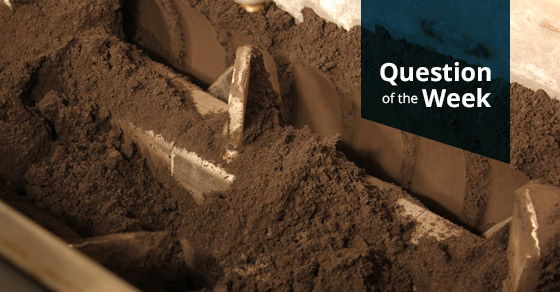Adding a pre-conditioning step to a process offers many benefits. Pre-conditioning prepares a material for agglomeration, and helps to streamline subsequent processing steps. Advantages include:
- An optimally prepared feedstock provides consistency to a process.
- Feedstock that has been pre-conditioned is less likely to clog subsequent processing equipment.
- Pre-conditioning provides for a more refined end product by enhancing the ability to control size and other characteristics, creating a more uniform product. In some cases, this can also cause a reduction in recycle.
- Depending on the method used, a pre-conditioning step can also result in a reduction in binder costs, because material is densified through motion instead of binder.
Various pieces of equipment can be used to pre-condition material for agglomeration. Most commonly, pre-conditioning equipment includes rotary dryers, pin mixers, and paddle mixers. The material, processing requirements, and desired end-product characteristics will dictate which piece of equipment is best for your particular need.
For more in-depth information, read our blog post the Benefits of Pre-conditioning your Material.


